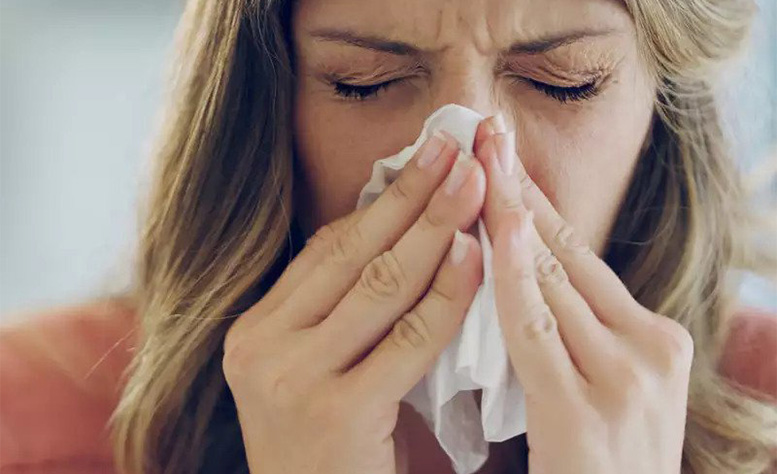PADMA HOSPITAL Laser Interventions

Allergic rhinitis, commonly known as hay fever, affects millions worldwide. This article serves as your ultimate guide, offering insights into this prevalent condition, from its causes and symptoms to effective management strategies and lifestyle adjustments.
Understanding Allergic Rhinitis
Allergic rhinitis, an allergic reaction to airborne allergens such as pollen, dust mites, or pet dander, manifests with symptoms like nasal congestion, sneezing, itching, and watery eyes. It can significantly impact one's quality of life, especially during peak allergy seasons.
Causes of Allergic Rhinitis
Allergic rhinitis occurs when the body's immune system overreacts to allergens, triggering the release of histamines and other chemicals, leading to inflammation of the nasal passages.
- Symptoms of Allergic Rhinitis
Common symptoms include nasal congestion, sneezing, itching in the nose, throat, or eyes, watery eyes, and postnasal drip.
- Diagnosing Allergic Rhinitis
Diagnosis typically involves a medical history review, physical examination, and allergy tests like skin prick tests or blood tests to identify specific allergens triggering the symptoms.
-
Managing Allergic Rhinitis
Effective management of allergic rhinitis involves a combination of preventive measures, medications, and lifestyle adjustments tailored to individual needs.
Preventive Measures
- Avoid exposure to allergens like pollen,air pollution agents like smoke and dust.
- Use high-efficiency particulate air (HEPA) filters in your home to trap airborne allergens.
- Regularly clean bedding, carpets, and upholstered furniture to reduce dust mites.
- Avoid outdoor activities during high pollen count days.
Medications
- Antihistamines: Block histamine release, alleviating symptoms like sneezing and itching.
- Decongestants: Reduce nasal congestion by shrinking swollen nasal passages.
- Nasal corticosteroids: Reduce inflammation in the nasal passages, relieving congestion and other symptoms.
Lifestyle Adjustments
- Practice nasal irrigation with saline solutions to flush out allergens and reduce congestion.
- Use allergy-proof covers on pillows and mattresses to minimize exposure to dust mites.
- Consider immunotherapy (allergy shots) for long-term management of allergic rhinitis.
Living Well with Allergic Rhinitis
Living with allergic rhinitis doesn't have to be a constant struggle. By implementing proactive measures and seeking appropriate medical guidance with an ENT Speacilist , individuals can lead fulfilling lives despite their allergies.
- Diet and Nutrition
Maintaining a well-balanced diet rich in fruits, vegetables, and omega-3 fatty acids may help alleviate allergic symptoms by supporting overall immune health.
- Exercise and Physical Activity
Regular exercise can boost the immune system and alleviate stress, which may help reduce the severity of allergic reactions in some individuals.
- Sleep Hygiene
Prioritize quality sleep by creating a conducive sleep environment free from allergens, using hypoallergenic bedding, and practicing relaxation techniques before bedtime.
